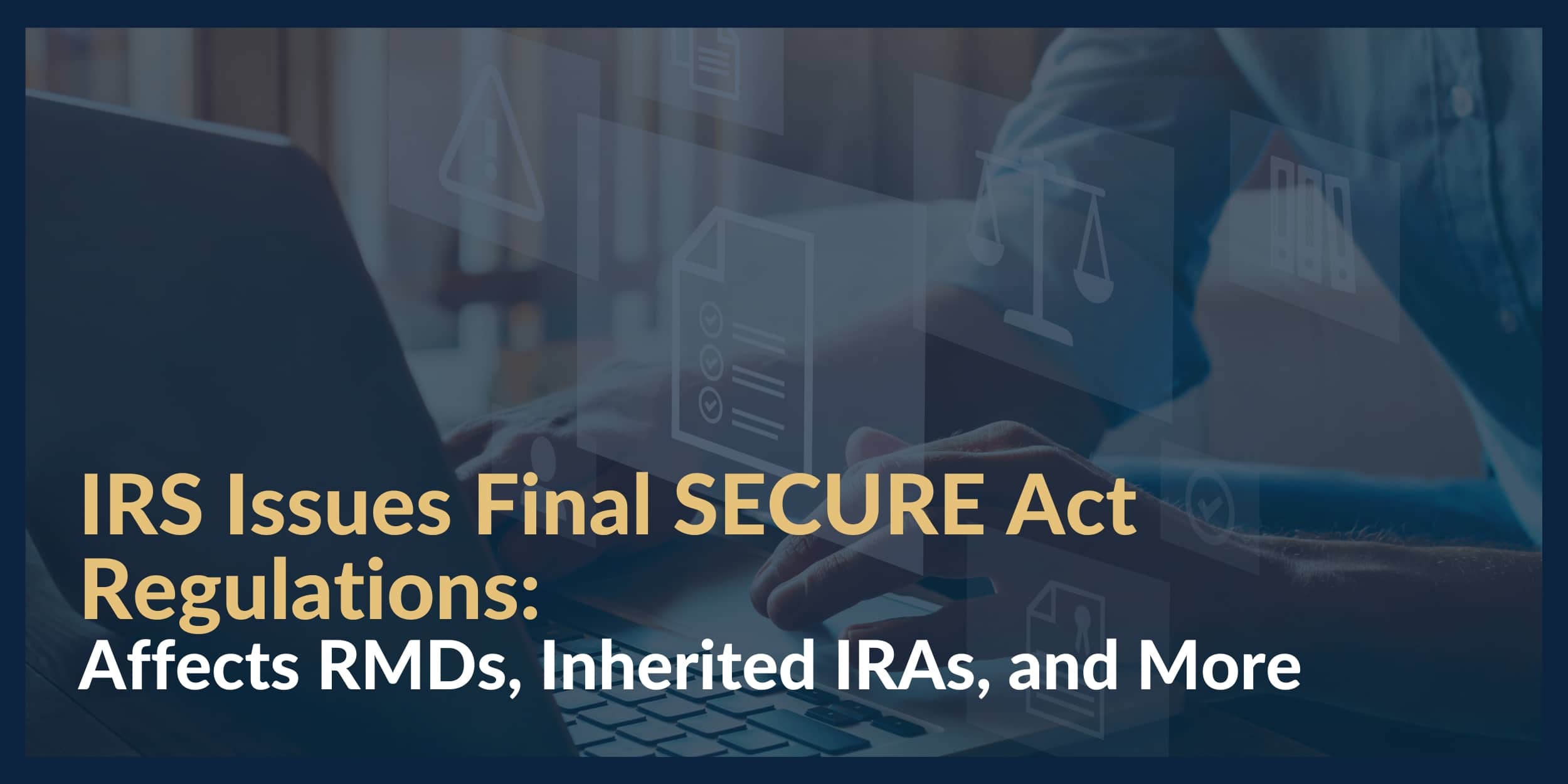
In the “old days” (1970), the median family income was $9,870. Compare this to 2022, when the median family income was $74,580 (both numbers according to the US Census Bureau). Compare the median family income figures to the median home price of $23,400 in 1970 and $423,300 in 2022 according to the US Department of Housing and Urban Development.
Inflation Ratios for Homes, Cars, and Savings: 1970 vs 2022
Based on the income numbers listed above, the cost of a home was 2.37x the 1970’s median family income. Fast forward to 2022, when the ratio increased to 5.67x. Now add a tax cost layer to the equation. The federal tax bill for the 1970-era income of $9,870 would have been 18.5%. Interestingly enough, the tax rate of $74,580 in 2022 was 16% (both ignoring any applicable state and local taxes).
Turning to automobiles, the average cost of a car in 1970 was $3,430, according to the Washington Post. Per Statista, it was $46,290 in 2022. While the median family income rose 7.5x over that same period, car costs outpaced that by almost double. Auto leasing and higher automobile debt are the natural byproducts of this environment.
According to a report by CNBC, the average savings rates for different generations in 2022 were as follows: Gen Z saved $5,833, Millennials $6,042, Gen X $3,998, and Baby Boomers $4,498. When you start piecing these data points together, there is only one solution for home purchasers – for consumers to take on more debt than ever.
How The Tax Code Influences Rental Real Estate Markets
Both rental real estate and the business market utilize leveraged assets, usually for good strategic reasons or one forced reason. Let’s remove the “cheap money” of the past years because there was a tremendous incentive to borrow at inexpensive rates and invest in anticipation of higher asset values. Companies do this all the time – if they can borrow at X% and anticipate a return on the capital investment in a merger, expansion, research & development, new equipment, etc., and get X% + a cash flow spread, the risk of the debt is usually justified.
In 2015, the S&P 500 carried a debt-to-equity ratio of 77% vs. 79% in 2023 (down from the recent highs of 93% in 2020 according to FactSet). In other words, the market is and was heavily leveraged.
How The Tax Code Influences Corporate and Real Estate Debt
Besides “cheap money” coming into the market, how does the tax code promote corporate and real estate debt? Here are some tax factors to consider:
- Conventional rental property has a modified accelerated cost recovery system (MACRS) depreciation recovery of 27.5 years to offset taxable income.
- In an asset sale between two companies, goodwill depreciation is typically spread out over 15 years for a deduction. For example, if you pay $5 Million for “goodwill” as part of a transaction, there is an immediate cash expenditure for which you only receive a $333,000 per year tax write-off.
- According to VRC, S&P 500 companies recorded $3.6 Trillion of goodwill on their books and records.
- Commercial straight-line depreciation is 39 years.
- Business property is commonly split up into three categories (3, 5, and 7-year property depreciation).
While there are other bonus/accelerated depreciation schedules, you get the idea – when you are completing mergers & acquisitions as well as growing the infrastructure of a business, especially on the real estate side, the current-day deductions against taxable income are spread over a long period. However, cash is due now for the transaction and taxes are due every year on corresponding income.
If you are in a 45% tax bracket (Federal and State), and you outlay $1 Million cash for a purchase, the real cost is $1.8 Million ($800,000 in tax payments and a $1 Million cash outlay). The same principles apply to real estate transactions and why most deals incorporate loans. The tax system encourages a purchaser to match debt terms as best as possible to the depreciation schedules to manage after-tax cash flow and to afford the transaction (of the asset values in the world, “cash” is just a fraction of the values).
Larger Debt is Inevitable
We simply live in a financial world that requires the general population and industry to leverage themselves to purchase homes, buy cars, and expand businesses. Let’s not forget the cost of education. This is just a reality of how our economic and tax system operate and unfortunately, there is not an easy alternative.
In a world where economic complexities are ever-evolving, understanding the influence of the tax code and inflation on our debt levels is crucial. Stay informed and make savvy financial decisions with insights from Mission Wealth, your trusted advisor in navigating these challenges.
Financial Guidance For Your Life Journey
Talk with a financial planner about your next steps.Guidance For Your Full Financial Journey
Through our comprehensive platform and expertise, Mission Wealth can guide you through all of life's events, including retirement, investment planning, family planning, and more. You will face many financial decisions. Let us guide you through your options and create a plan.
Mission Wealth’s vision is to provide caring advice that empowers families to achieve their life dreams. Our founders were pioneers in the industry when they embraced the client-first principles of objective advice, comprehensive financial planning, coordination with other professional advisors, and proactive service. We are fiduciaries, and our holistic planning process provides clarity and confidence. For more information on Mission Wealth, please visit missionwealth.com.
To meet with a Mission Wealth financial advisor, contact us today at (805) 882-2360.
Recent Insights Articles

IRS Issues Final SECURE Act Regulations: Affects RMDs, Inherited IRAs, and More
July 24, 2024
Mission Wealth Named to FA Magazine’s 2024 RIA Ranking and FA’s Top 50 Fastest Growing RIAs
July 22, 2024

